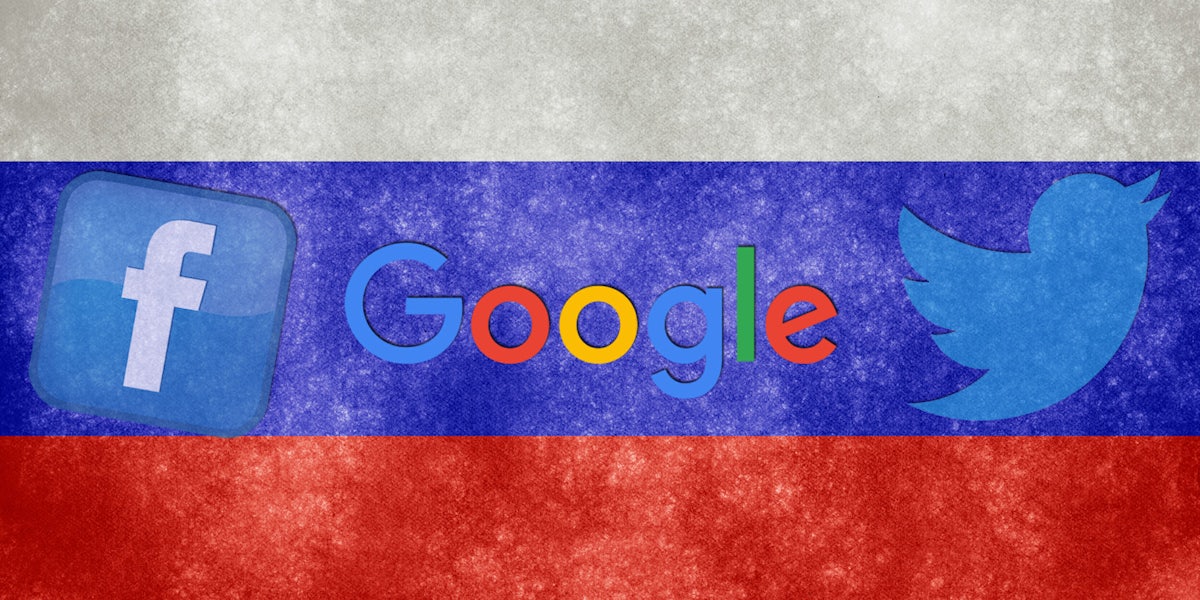Representatives from social media giants Facebook, Twitter, and Google testified before the Senate Judiciary Committee Tuesday as part of the investigation of Russian interference in the 2016 presidential election.
Russians used the social platforms to do things such as buy ads, use bots, and run sponsored content that spread false information to social media users before the election. On Monday all three companies announced that the number of Russian accounts on their sites were higher than previously stated.
Sen. Al Franken (D-Minn.) asked how Facebook, a company that prides itself in its ability to process billion of data points, did not make the connection that electoral ads paid for in rubles were coming from Russia. Rubles are the Russian currency. Franken then asked Facebook to simply reject foreign currency.
Facebook’s general counsel, Colin Stretch, responded by saying rejecting foreign currency would not solve the problem or foreign interference, because the switch to other currencies could easily be made by frauds. Stretch also admitted that there is no way for Facebook to know who all of its 5 million monthly advertisers are.
Sen. Ted Cruz (R- Texas) said tech companies have a left-leaning bias and users are more likely to find positive stories about Democrats than for Republicans.
The executives of Facebook, Twitter, and Google said they were taking steps in training their employees to avoid online political distortion.
Twitter’s general counsel Sean Edgett said free expression and free speech are at the core of Twitter’s mission and they do everything they can to enable that.
Republican lawmakers at the hearing said Russian agents did not have a favored presidential candidate in the election and did not have loyalty to a U.S. political party. However, U.S. intelligence agencies have concluded that Russian President Vladimir Putin was aiming to get President Donald Trump in the oval office and deny Hillary Clinton of the presidency.
Google made an effort to separate itself from the other two social media companies. Google’s senior counsel, Richard Salgado, said Google’s services function differently than Facebook and Twitter.
On Wednesday a hearing will take place before the Senate Committee on Intelligence at 9:30am ET and at 2:00pm ET before the House Intelligence Committee.
